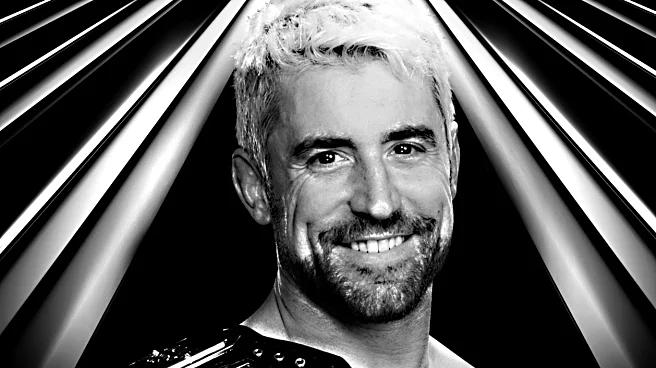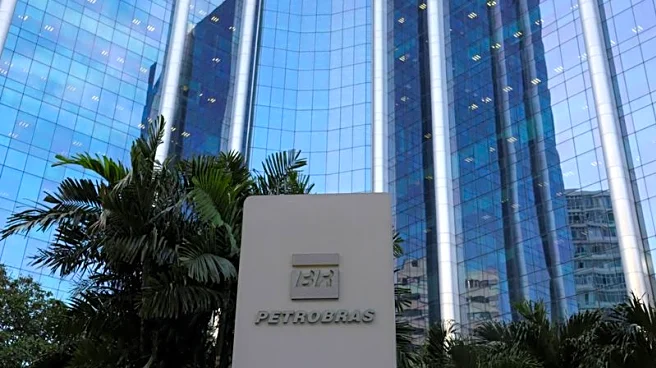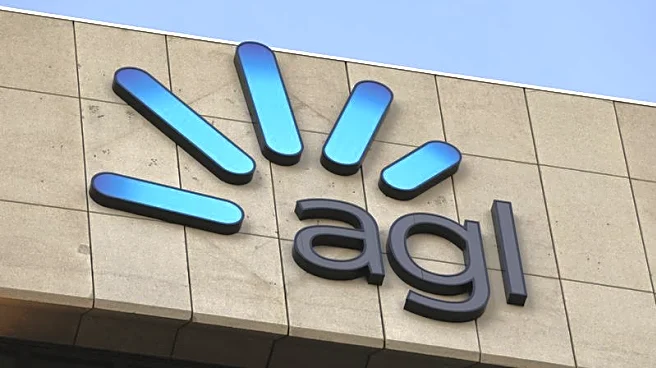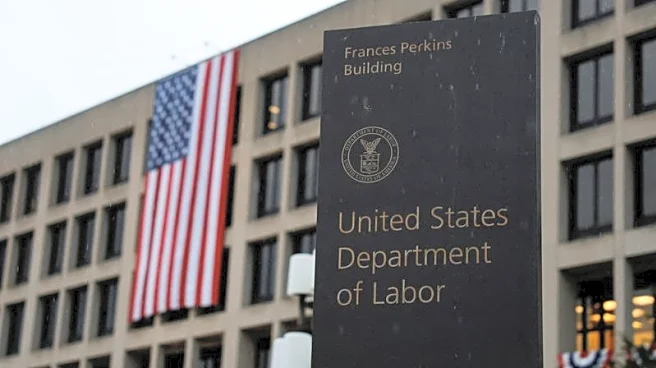Rapid Read • 7 min read
The energy crisis in Europe, triggered by Russia's invasion of Ukraine, has accelerated the EU's transition to renewable energy. The crisis exposed vulnerabilities in the EU's energy infrastructure, heavily reliant on Russian gas imports. In response, the EU has invested significantly in renewable energy projects, with initiatives like the REPowerEU plan aiming to cut gas demand by 155 billion cubic meters. This transition is crucial for reducing dependency on fossil fuels and achieving climate targets. The crisis has also highlighted regional disparities, with Western and Northern Europe faring better due to developed renewable sectors, while Central and Eastern Europe faced severe economic impacts due to reliance on Russian energy.
AD
The shift towards renewable energy is vital for the EU's energy security and climate goals. By reducing dependency on imported fossil fuels, the EU can mitigate the risks associated with geopolitical tensions and volatile energy markets. The transition also supports the EU's climate objectives, aiming for significant reductions in greenhouse gas emissions. However, the crisis has underscored the need for infrastructure modernization and equitable energy access across regions, ensuring that all member states can benefit from the transition.
The EU is expected to continue its investment in renewable energy infrastructure, focusing on projects that enhance energy security and efficiency. This includes developing cross-border electricity interconnectors and a hydrogen backbone network. The EU's strategic policy responses, such as the REPowerEU plan, will play a crucial role in shaping the future of Europe's energy landscape, with ongoing efforts to diversify energy sources and improve grid resilience.
AD
More Stories You Might Enjoy












